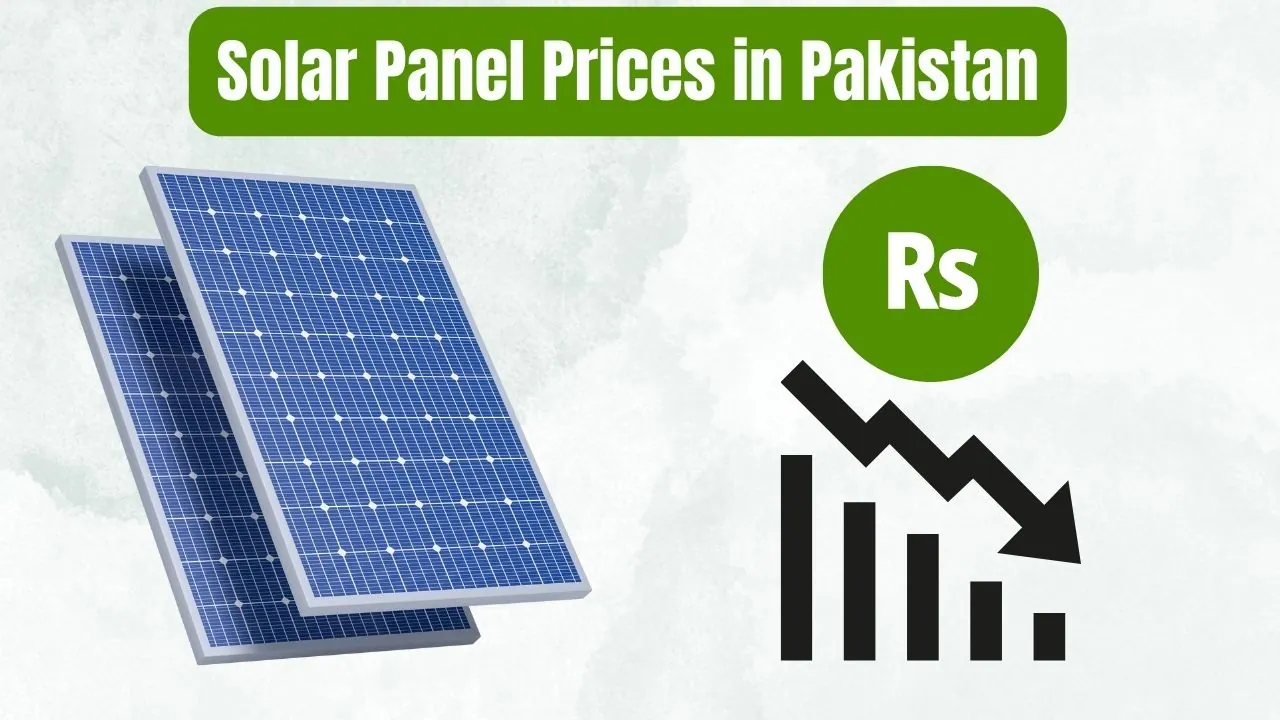Introduction to Solar Panel Prices in Pakistan

Solar energy is increasingly popular in Pakistan due to rising electricity costs and frequent power outages. Solar panels convert sunlight into electricity, offering a cost-effective and eco-friendly solution. This article will cover various aspects of solar panel prices in Pakistan, including different brands, pricing, and installation tips.
Why Solar Panels Are Popular in Pakistan
Solar panels are becoming increasingly popular in Pakistan due to their many benefits. They offer significant cost savings by reducing electricity bills and providing a reliable power source during frequent load shedding. Additionally, solar energy is environmentally friendly, helping to reduce carbon footprints. The government also supports solar energy adoption through various incentives and financing options, making it more accessible to households and businesses. These combined factors contribute to the growing interest in solar energy solutions across the country.
Different Types of Solar Panels
Solar panels are classified into several types based on their efficiency and technology:
- Monocrystalline Solar Panels: Known for their high efficiency and longevity.
- Polycrystalline Solar Panels: Slightly less efficient but more affordable.
- Thin-Film Solar Panels: Flexible and lightweight but less efficient.
Pricing of Solar Panels in Pakistan
Solar panel prices in Pakistan vary depending on the brand, wattage, and efficiency. Here are some typical prices:
- Local Brands: These are generally cheaper and can cost around 7,800 PKR for 150 watts.
- International Brands: Brands like LONGi, Jinko, and Trina are more expensive but offer higher efficiency. Prices can range from 16,800 PKR to 23,400 PKR for panels between 500 and 650 watts.
Factors Influencing Solar Panel Prices
Several factors influence the price of solar panels. Panels with higher wattage produce more electricity and cost more. Advanced technology, like N-type panels, is also more expensive because it offers better efficiency. Well-known brands with longer warranties usually have higher prices. Lastly, prices can change based on how many people are buying solar panels and how many are available.
Installation of Solar Panels
Installing solar panels involves several steps:
- Assessment: Check the roof’s capacity to hold panels and make necessary repairs.
- Permits and Approvals: Obtain local government approvals to ensure compliance with regulations.
- Tool Acquisition: Gather necessary tools like drills, screwdrivers, and safety gear.
- Panel Selection: Choose panels based on your energy needs and budget.
- Installation Process: Secure mounting rails, place panels, connect wiring, and install the inverter.
- Professional Help: It’s recommended to hire professionals for safe and efficient installation.

Benefits of Solar Energy
Using solar panels provides several benefits. Firstly, they help in saving money by significantly reducing electricity bills over time. They also promote energy independence, meaning you rely less on grid electricity. Environmentally, solar panels produce clean energy, which helps in reducing carbon emissions. Moreover, they are a long-term investment, as solar panels have a long lifespan and continue to provide benefits for many years. These advantages make solar panels an attractive option for many households and businesses.
Conclusion
Solar panels are a wise investment for Pakistani households and businesses, offering financial savings, reliability, and environmental benefits. Despite initial costs, the long-term advantages make solar energy an attractive option.
FAQs
How many solar panels do I need for my house?
The number depends on your electricity consumption. For a 5 kW system, about 10 panels of 550 watts each are required.
Can I install solar panels myself?
While it’s possible, professional installation is recommended for safety and efficiency.
How do solar panels work?
Solar panels convert sunlight into electricity using photovoltaic cells.
Can solar panels produce electricity at night?
No, they require sunlight to generate electricity and do not work at night.





